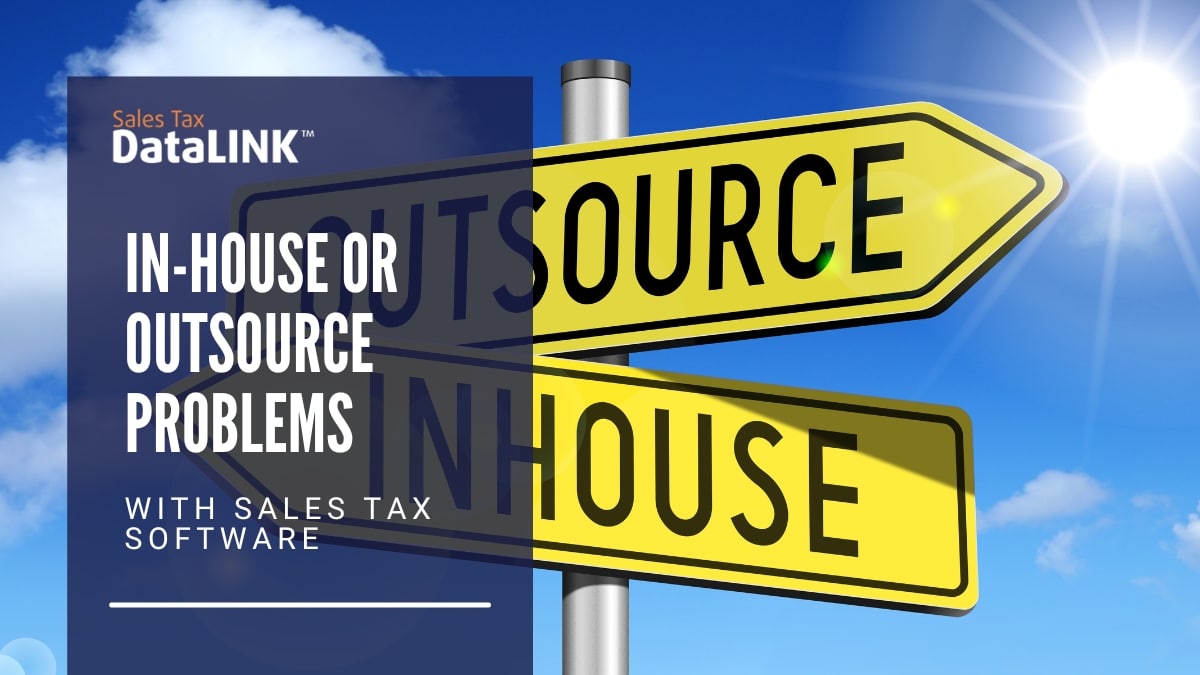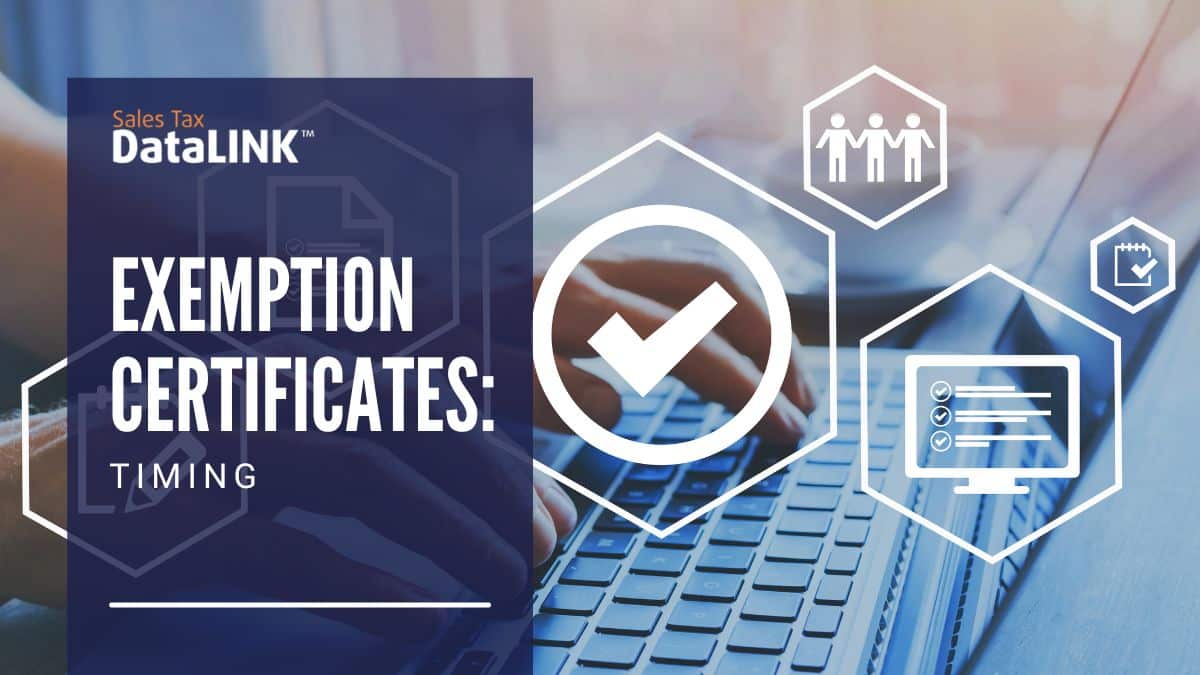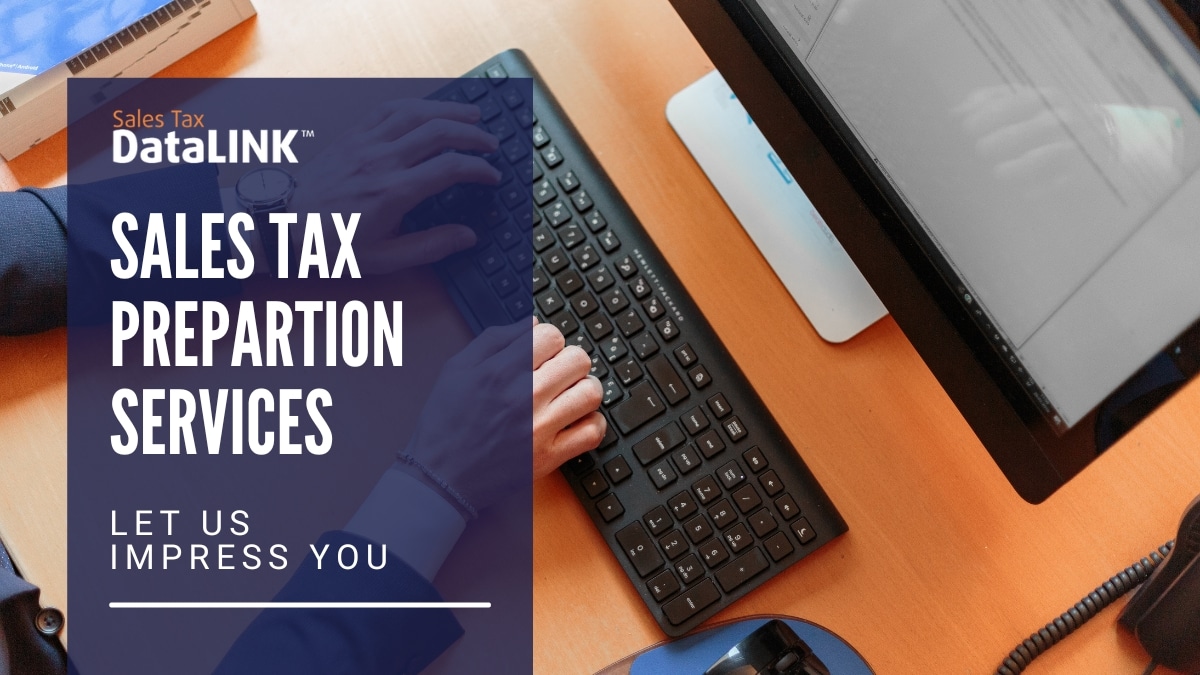Do you do your own sales tax filing, or do you outsource to a professional? Whether you tackle it yourself or outsource the task, you can face problems. Tax calculation errors will flow directly onto a tax return. You may think that outsourcing the job to a professional will limit the chance of errors, but that may not be the case. Often it comes down to the sales tax software used — either by you or by your CPA. Does your CPA have the right tax filing software to flush out the errors before filing? Can the software you use yourself to detect and correct the errors with audit support?
Let’s take a small manufacturing company that ships nationwide as an example. In the beginning, they did all their own bookkeeping, including filing one or two tax returns by hand. Things were simple enough that they didn’t see many errors — and when there was a discrepancy, they had the time to track it down. Fast forward: demand is way up. The owners are so busy that they just don’t have time to do their own sales tax filing or to keep up with nexus issues. So they decide to hire a CPA firm. They sign a disclaimer/contract and the CPA schedules their filings and determines a registration strategy. The CPA Firm generates the first month’s returns based on the data source provided by the client. Returns are printed and there is a discrepancy compared to the general ledger. The probable reason is that the client’s invoicing system situses differently from the CPA’s software. That is, how, where and at what rates a transaction is calculated are different in each system.
Which system is right? How can they validate? For most CPAs it is not possible to determine which is right — nor is it covered in their contract. It takes too much time to sort out — and the CPA may not even have the needed information. The CPA may take a shortcut and returns are grossed up from sales tax collected. But does this protect the client? They paid what was collected, but did they collect the right amount? For many companies, an audit ends up answering the question. During an audit, a common step for the auditor is to focus on the general ledger that provided the information for the filed returns. If material discrepancies are found between the GL and tax return, an auditor will root deeper to validate or ask for supporting documentation for the variance. Unfortunately, an unsubstantiated variance is assessable.
Chances are, that disclaimer our example company signed means that the CPA isn’t responsible for discrepancies. At this point, what is the true cost of compliance? When you decide to outsource sales tax filing, make sure you’re protected. Simply ask your CPA what tools they use for reconciliation, variance analysis, and alert notification. If they don’t have the tools for this, ask for a contract covering these services. Then compare the total cost of outsourcing for a state and compare it to a past audit. This is your reasonableness test. If you’re doing these jobs in-house, make sure you use tax filing software that has validation features.




